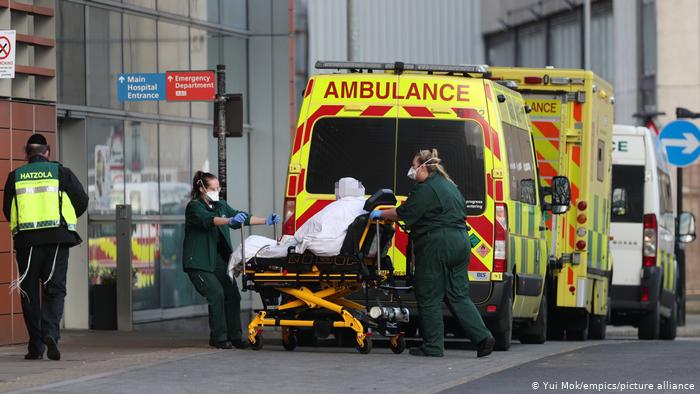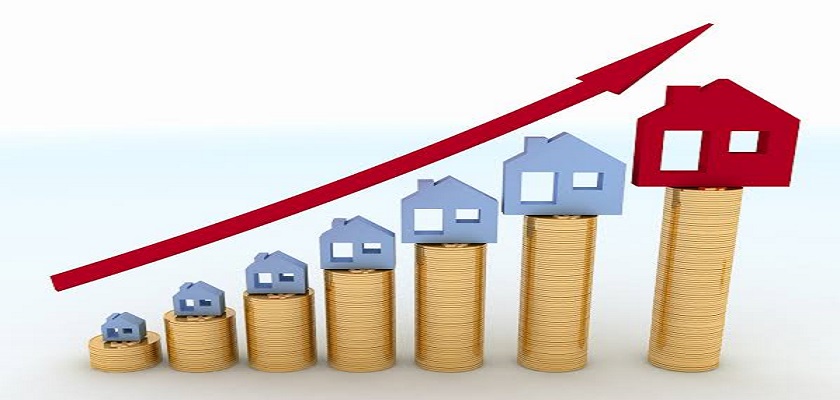Rent Hike Affects more than five million families in England, Warns Thinktank
By Ushna on Jan 02, 20225 million families are about to face the biggest rent hike for a decade in April 2022. According to the Resolution Foundation thinktank, 4.75 million families will bear a 4.1 % rise in rent on their housing association or local authority homes. This will add more burden on people living in social housing by an average of £202 per year.
Social housing is meant to offer more affordable residence to citizens of the country. Governmental agencies or non-profit organizations provide it with more secure and long-lasting agreements that allow renters to enjoy more rights over the property.
Social housing providers set the rent for next year based on CPI or consumer price index measure of inflation for September. CPI of September plus one percent make the maximum cap that housing providers can charge the tenants.
CPI has reached 3.1 percent in September, and adding one percent sets the maximum cap to 4.1 %. Most providers are believed to jump up by the full amount of 4.1% as its cap, not a requirement.
This rise, combined with the increase in taxes planned by the government for April of 2022, will hurt the social housing tenants more than ever. On first April 2022, RPDT will introduce a new 4% tax which will be applicable to companies whose profits exceed £25 million. Though it will not directly hurt the end-consumers, indirect effects will be unavoidable.
In addition, an increase in residential utility bills has already been damaging for the citizens. Back in October 2021, due to the rise in wholesale prices, Ofgem increased the energy price cap by 12-13 percent. According to Reuters, some analysts predict more than 400 pounds will swell in the Ofgem energy price cap for the year 2022 if wholesale prices continue to increase.
COVID-19 is further hitting the low-income social housing tenants. The new variant of COVID-19, Omicron, is ready to put more restrictions and travel ban, thus reducing the activities. Reduction in commercial activities, directly and indirectly, hurt low-income families more than anyone else.
According to the current data, more than 90 percent of newly reported COVID-19 cases are related to omicron, which indicates rapid growth in the new variant. Still, Christmas and new year celebrations will show the impacts later on. Because public holidays and celebrations are notoriously difficult for epidemiologists. During holidays, people usually avoid testing, reduce their visits to hospitals, and get-togethers facilitate the easy spread of viruses.
On top of that, a 4.1% increase in rent will be a tough take for social housing tenants whose topmost priority is affordability, along with safety and security.
Hike in Ofgem prices for the spring and the recent rise in inflation to 5.1 % for November have made the Bank of England consider fast-moving trends. All these factors result in a prediction of a 6% increase in inflation for April 2022, which is a level not seen for decades. Last time the early nineties witnessed such hikes, which Britons are once again going to encounter in 2022.
Increasing social rents on top of these hikes, according to the Resolution Foundation analysis, will have a considerable detrimental impact on living conditions.
This isn’t just a single increase, but it follows a decade of rising housing costs for social housing tenants. Though affordability is the prime factor for such tenants, these families are still suffering a more rapid increase than house owners or people living in privately rented houses.
As per the foundation’s report, social tenants spend 19 percent of total income on the cost of housing — these are estimated after considering all benefits. This number has jumped from 15 percent from estimated spending on housing costs 10 years ago. It means 786 pounds per year has increased for an average family living in social housing.
On the other hand, housing for private house owners has dropped by 10 percent. Even private renters have enjoyed an almost zero percent increase in housing costs comparing the same duration.
The upcoming spike in prices for April 2022 will further reduce the standard of life enjoyed by social renters compared to house owners and private renters.
On top of that, almost 44 percent of social renters, which makes up to 2 million families who are not in receipt of housing benefits, will face more issues. As they will be required to manage the April rent spike all by themselves, either funding from someone else or accommodating it by some other means.
The report has further elaborated that social renters living in London, South West, and South East will be more likely to be hit worse by it. Because most social housing renters living in these areas don’t have their housing costs covered under housing benefits.
Share your valuable thoughts in the comment section!
Related Articles

110 UK Nationals Denied Entry to Austria Due to New Tightened Covid-19 Rules
The new restrictions imposed on Saturday caused chaos at the airport as over 110 UK nationals were denied entry. More than 110 British vacationers coming...

UK Government strategies to cope with recent wave of COVID-19
The current coronavirus (COVID-19) epidemic, which started in December 2019, is a significant threat to the whole planet. The UK government and devolved governments, notably...

Rent Hike Affects more than five million families in England, Warns Thinktank
5 million families are about to face the biggest rent hike for a decade in April 2022. According to the Resolution Foundation thinktank, 4.75 million...